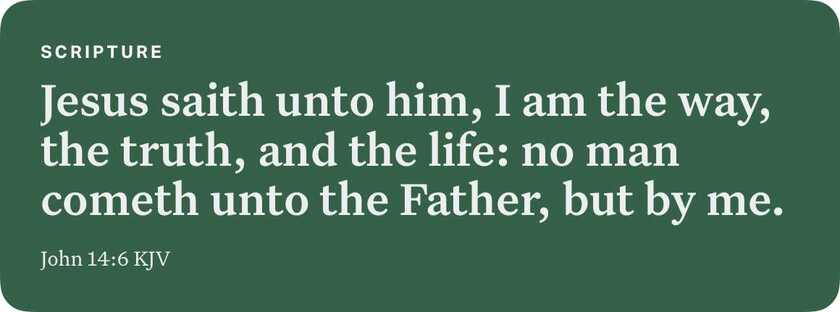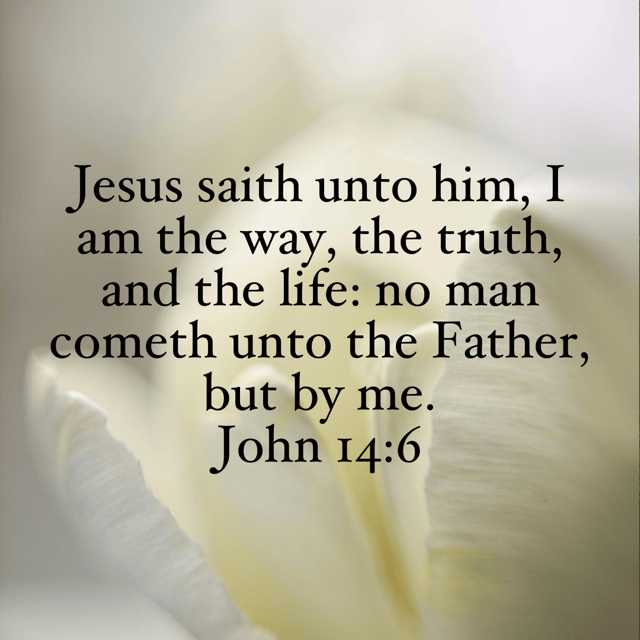I will share about Christian books I have read or listened to.
I will be sharing about my life before and after Christ. I will include stories about my pet and other pets I have encountered.
You’ve Been Set Free!
If you’ve ever been in debt (or known someone who has), you know the impact it has on a person. When you’re in debt, your money, time, or resources aren’t your own—they’re continuously being taken from you, and often with interest.
No one wants to be enslaved to a lender, and yet—every one of us has owed a debt we could never pay off.
The ancient Greek word for “sin” means “to miss the mark.” It was originally used to describe an archer’s arrow that didn’t hit the center target. In archery, it didn’t matter whether your arrow was close to the mark or far from it. If you didn’t hit the center, you lost.
In Scripture, the “mark” is the standard God asks us to aim for—but we all miss it. We miss it when we choose selfishness over humility, and anger over gentleness. We miss it when we lie, cheat, steal, slander, complain, and gossip. We miss it when we tear people down, and disobey God’s command to love others. Sin prevents us from becoming the people God created us to be.
But the good news is: Jesus saved each of us by sacrificing Himself for our mistakes. We couldn’t pay off our debt of sin in a million lifetimes, but He freed us from it in one moment.
And because He paid our debt, He wants us to live as free people.
When we pursue anything that separates us from God’s Spirit—whether through legalistic actions or lawless decisions—we act like Jesus hasn’t set us free. But when we choose to love others like Jesus loved us, it shows we value Jesus’ sacrifice and want to embrace the freedom He bought for us.
So how do we live free?
We accept that what Jesus did was enough for us, and then we commit to loving Him. As our love for God grows, His Spirit helps us unconditionally love others. The more we love, the more we embrace our freedom—and because of God’s love, nothing can take our freedom away.
“Then all Israel gathered themselves to David unto Hebron, saying, Behold, we are thy bone and thy flesh. And moreover in time past, even when Saul was king, thou wast he that leddest out and broughtest in Israel: and the LORD thy God said unto thee, Thou shalt feed my people Israel, and thou shalt be ruler over my people Israel. Therefore came all the elders of Israel to the king to Hebron; and David made a covenant with them in Hebron before the LORD; and they anointed David king over Israel, according to the word of the LORD by Samuel. And David and all Israel went to Jerusalem, which is Jebus; where the Jebusites were, the inhabitants of the land. And the inhabitants of Jebus said to David, Thou shalt not come hither. Nevertheless David took the castle of Zion, which is the city of David. And David said, Whosoever smiteth the Jebusites first shall be chief and captain. So Joab the son of Zeruiah went first up, and was chief. And David dwelt in the castle; therefore they called it ...
















